Brent Rose: From the Big City to the Big Open Road
Posted on 3/1/2018 by Nicholas Jones
A staring contest with a mountain lion, calling a Vista Cruiser van home, and surfing during lunch break are just a few experiences Brent Rose, freelance journalist and fulltime #vanlifer, has encountered since his journey began as a temp in New York City.
I had the opportunity to chat with Brent over the phone about the unexpected events, opportunities and adventures that have paved his inspiring journey. You can follow him on Twitter @brentrose or on Instagram @brentdangerrose.
Beginnings
After attending grad school for acting, Rose was working as a temp in New York. Realizing he needed work that was “less soul-crushing,” he came across an opportunity to write app reviews for tech publication PC World.
“I was already writing plays and short films and thought, I can probably fake my way through an app review,” he said.
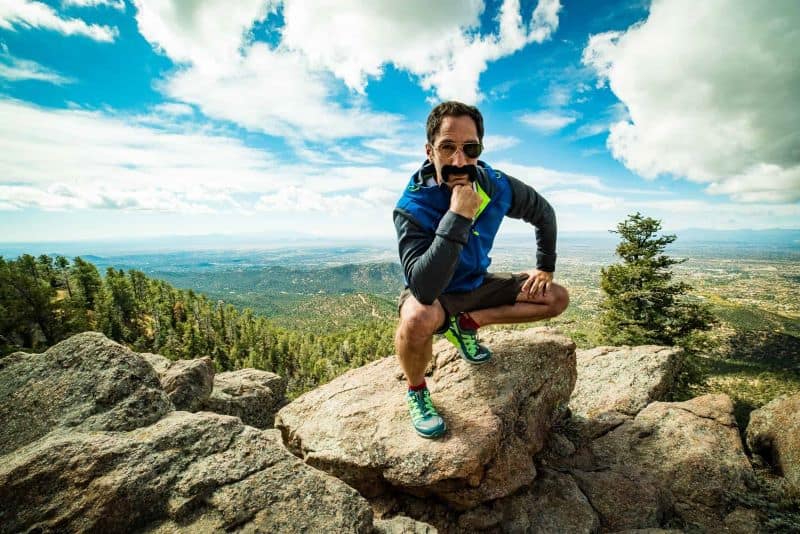
The gig at PC World opened the floodgates for subsequent writing opportunities with WIRED, PopSci, Gizmodo, Outside Magazine, Men’s Journal and a slew of other technology and lifestyle publications. Although he arrived in journalism on accident, Rose said the variety of topics and challenges help hold his interest and call back to his acting roots.
“Ultimately, I don’t view journalism that differently from acting or theatre,” he said. “It’s all storytelling in one way or another.”
Whether it is with writing or dealing with different mediums like video or photography, Rose consistently asks one question: “What is the story?”
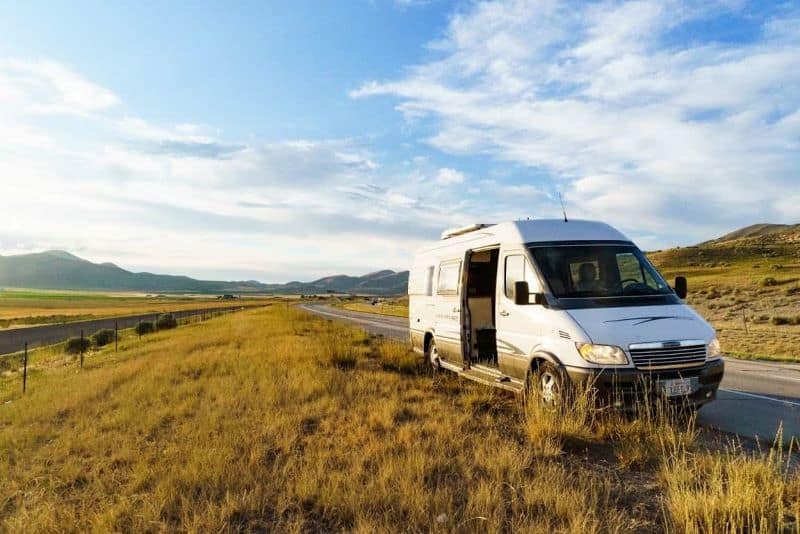
The Van Life Appeal
The Van Life movement emerged several years ago and is taking form as the new American dream. The freedom and simplicity of life in a van is alluring, but Brent gave me his informed opinion on why the trend is taking hold.
Increased capabilities of mobile internet, high housing costs and uncertainty of social security’s future have positioned van life as a viable option. Combine those factors, and suddenly it makes a lot more sense to find a low-cost solution to housing and a mobile office.
“People don’t want to just wait around until they retire at age 65 or 70, if we’re ever able to retire,” Brent said.
Aside from the anxiety-inducing circumstances many of the generation are facing, Brent believes millenials are cautious about getting stuck in a rut and want to shake things up and explore more.
With uncertainty about the future and the possibilities of mobile work, it makes sense that people are hitting the roads instead of opting for a traditional nine to five job.
“I think there’s a premium placed on getting some of these incredible life experiences in now,” Rose said.
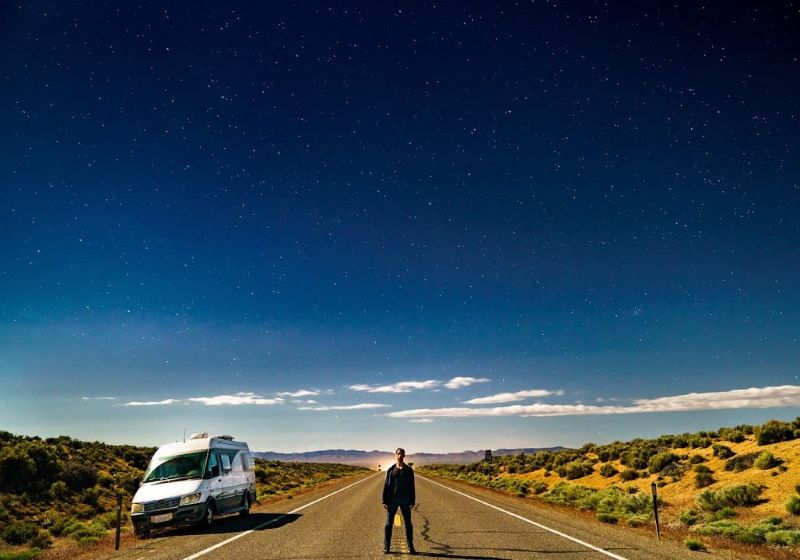
Jumping On The Van-Wagon
What Rose thought was going to only be a one year road trip has grown into a three year, 70 thousand mile adventure. While Los Angeles is home base – he was parked in Malibu during our interview – he lives full-time in a Vista Cruiser van and has visited nearly every continental state in the U.S.
Rose was freelance writing in Los Angeles when a breakup made him realize he didn’t have to stay tied to one city. When describing the thought process that led him to jumping on the van-wagon, Rose said he brainstormed the possibilities.
“I thought – if I can already work remotely, how can I push it to the logical extreme?” he said.
After landing on the decision, he left his apartment, sold his belongings, and bought a Vista Cruiser van. He decked it out with technology – as any respectable tech journalist would do. After the solar panels were installed, Brent began zig-zagging across the country.
Although the journey has lasted much longer than he originally anticipated, Brent is enjoying every new story he finds.
“It has expanded in scope,” he said, “but the experiment remains the same.”
Perks Of The Lifestyle
I asked Brent what he appreciates about his lifestyle.
“Man,” he says.
For a second he’s speechless and I can almost hear him smiling over the phone.
“Just being able to park at a beach and sit there and get my work done while looking out the window and watching people play in the surf is incredible,” he continues. “If the waves come up, say ‘OK, time to take a lunch break!’, throw on my wetsuit, and paddle out for a bit of exercise. And when I’m done just shower off and start working again. That’s really pretty special.”
After finishing a project in LA and wondering what to do next, Brent decided to head to Texas. Within ten minutes he was on the road. After arriving in Texas two days later, he started an expedition that looped around the perimeter of the United States, from Miami to Maine, the Canadian border, and back to the west coast.
“It started on a whim,” he said, “but I ended up meeting a bunch of interesting people and had some incredible experiences.”
Bumps In The Road
After hearing about his lifestyle, Brent said many people will exclaim something like, “You’re living the dream, man!” However, embracing van life isn’t as pretty as the collection of picturesque Instagram posts would have you believe.
The struggle of finding safe, quiet, legal places to park is Brent’s biggest pain point. Since he writes gear reviews, getting a package to the right destination at the right time can be a headache.
When it’s time to upload photos and video, finding fast and reliable internet can be a challenge. Luckily he uses a cellular signal booster, which has helped him get mobile internet on numerous occasions.
His earliest memory of his weBoost device helping him was in Big Bend National Park in Texas, where the cell service was extremely weak. After turning on the booster, he was able to call his mom to check in and see how she was doing.
“I’ve seen it work,” he said.
Despite the challenges, Brent wouldn’t have things any other way.
“I think it’s those challenges that remind us we’re alive,” he said. “It makes us feel like we’re capable of overcoming adversity and difficulty.”
Click here to see the weBoost product Brent uses.
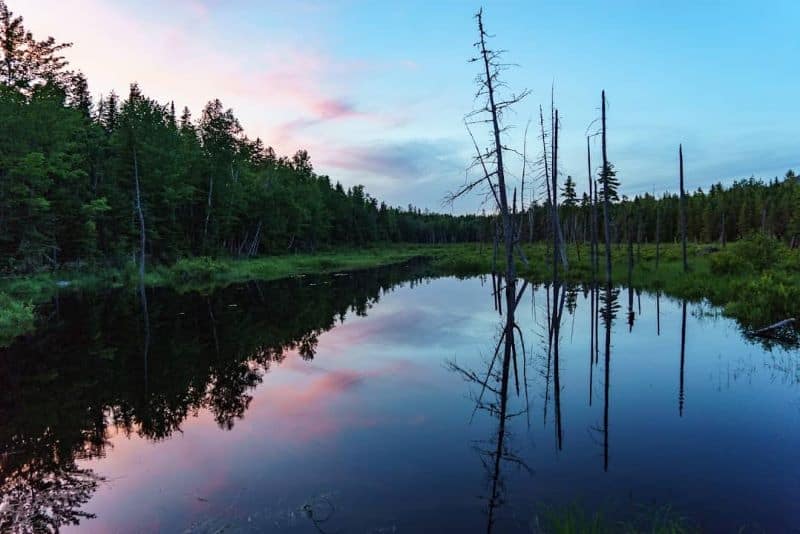
The Experiment
Upon embarking in his van, Brent launched the Connected States project – an experiment in mobile lifestyle. On the project’s website, tech, science and human interest stories are the focal point. However, the project was about much more than that.
Leading up to the 2016 presidential election, Brent felt the media was putting too much focus on Americans’ differences.
“Things were already extremely divided in the country and very, very contentious,” Brent said. “I believed we had more in common than we did different.”
Another focus of Connected States sought to connect the dots to see what similarities were out there. Rose actively avoided political conversations with his subjects to promote positivity and commonality.
“Talking about politics or religion tends to shut conversations down fairly quickly,” he said.
Despite deeply enjoying conversations with people he wouldn’t have met otherwise, Brent isn’t sure that back then he truly saw the depth of the country’s divisions. He believes the negatives are too much to ignore at this point.
“I think there are some real problems that we need to confront head on,” he said. “Looking at the commonalities didn’t serve that.”
Protecting Places
When asked to name a favorite place he had visited during his travels, more than a few spots spilled out.
“There have been so many that it’s hard to narrow it down,” he said.
Brent’s list includes Texas art mecca Marfa, New Orleans, Austin, Jekyll Island off the coast of Georgia, Acadia National Park, Badlands National Park, and the Katahdin Woods and Waters National Monument in Maine.
Enjoying and photographing beautiful places in the U.S. motivates Brent to be an activist for preserving and protecting national monuments.
“Our national monuments are these wild, beautiful places and they are currently under threat,” he said.
Brent started the 27 Monuments project when the department of the interior began reviewing the status of 27 national monuments to help illustrate why these places are special and why they deserve protection. In the summer of 2017, he set out on a mission to visit every national monument possible, publishing photography from each monument on the project’s website.
Because of his advocacy, the government received a record amount of comments – almost 2.8 million.
“I think it’s really important to show people how incredible these places are and remind them that they are public lands that belong to us,” he said. “Now they are being sold off for a short-term profit.”
The Future
I asked Brent if a younger him would be surprised if he could see the experiences he’s had now.
“Honestly, I’ve never been great at visualizing my future, he said. “The ‘what do you want to be doing in five years’ question always really stumps me. I just never know the answer to that.”
With that in mind, who knows what Brent will be up to five years from now? I can tell you this – it won’t be boring.
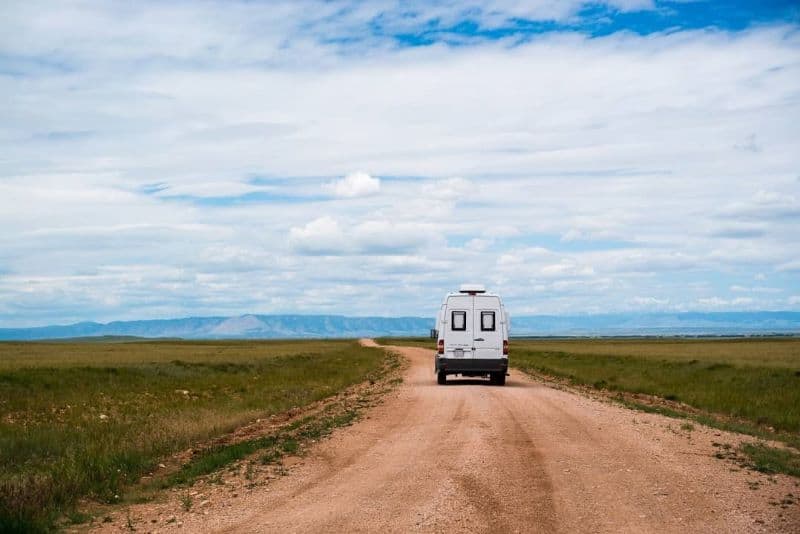
Follow Brent’s Connected States Journey here
Learn more about his 27 Monuments project here
Get current updates on Brent on Instagram



